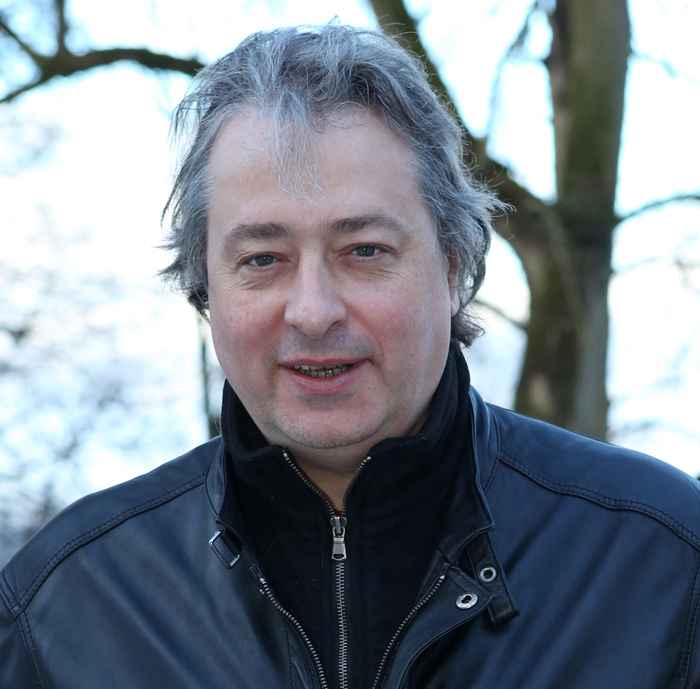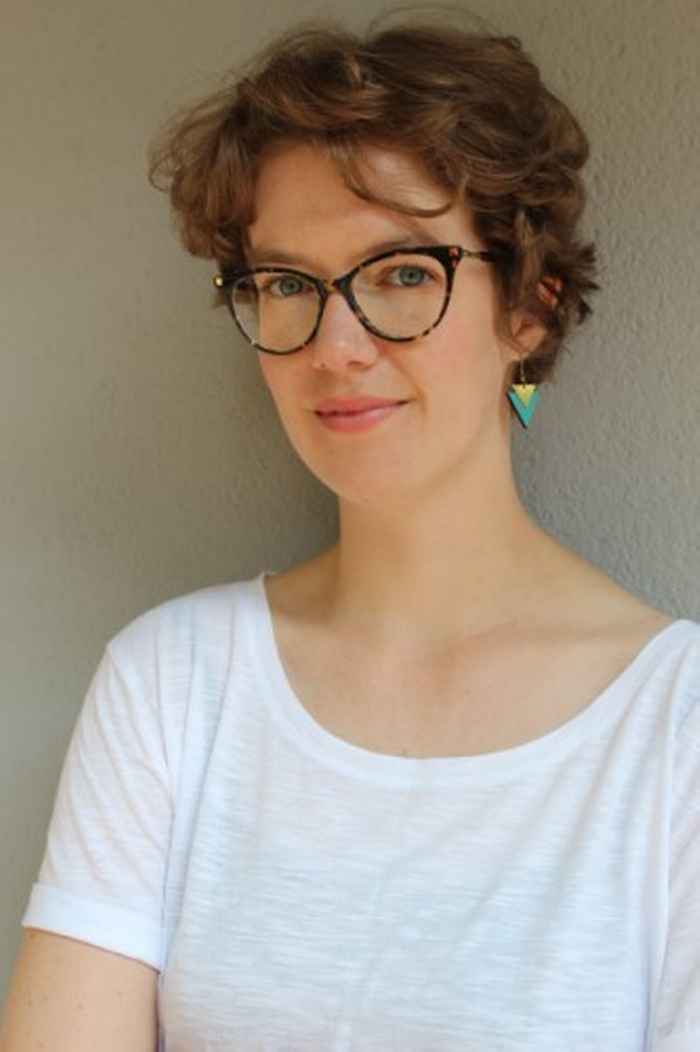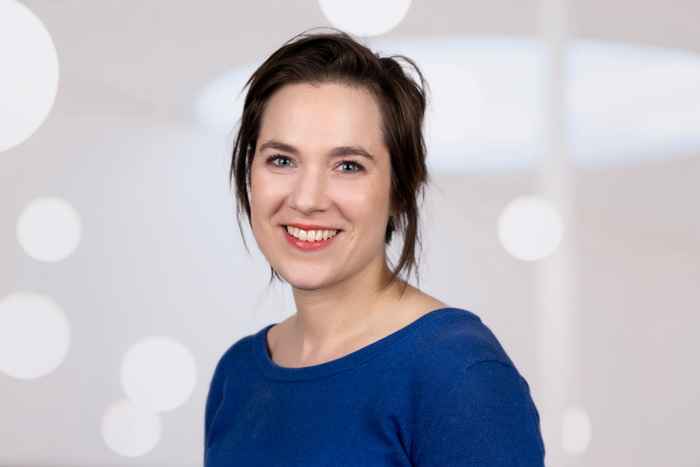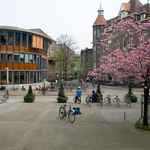Eastsplainers #4: Literature
- Date
- 23 March 2023
- Time
- 17:00 -18:30
- Location
- BG 3
- Room
- VOX-POP
The fourth edition of Eastsplainers is devoted to literature, and to the question: how do writers across East-Central and Eastern Europe respond to the Russian war in Ukraine?
‘Cain, where is Abel your brother?’ These words were written on a sign that the Russian writer Maxim Osipov upheld during a small-scale anti-war protest in his hometown Tarusa, directly following the full-scale Russian invasion of Ukraine. Not long after, Osipov left his country, and today, he is writer in residence at Leiden University, whose analyses of the war have appeared in De Groene Amsterdammer and de Volkskrant, among other publications. In his contribution to Eastsplainers #4, Osipov reflects on migration, guilt, and the difficult question: what can literary writing (not) do in times of war?
A Polish cultural historian residing in the Netherlands, Iwona Guść (lecturer at the History, Culture & Communication Department at Erasmus University Rotterdam) has launched her own foundation stichting literatura, which aims to promote Polish literature in Belgium and the Netherlands. Guść has also translated the works of Nobel-Prize winning writer Olga Tokarczuk for, among other venues, Dutch newspaper NRC Handelsblad and the Nexus institute. In her contribution, Guść discusses an interest in trauma among Polish writers and responses by East-Central and Eastern-European authors to the Russian war in Ukraine.
Assistant professor in Scandinavian studies and performance poet Martje Wijers (University of Amsterdam) joins Osipov and Guść as moderator. Assistant professor of Modern German and Russian Culture Dorine Schellens (University of Leiden) briefly introduces the Eastsplainers series as a whole.

Maxim Osipov
Maxim Osipov is a Russian writer and cardiologist. In the early 1990s, he was a research fellow at the University of California, San Francisco, before returning to Moscow, where he founded a publishing house that specialized in medical, musical, and theological texts. In 2005, while working at a local hospital in Tarusa, a small town ninety miles from Moscow, Osipov established a charitable foundation to ensure the hospital’s survival. Since 2007, he has published short stories, novellas, essays, and plays, and has won a number of literary prizes for his fiction. Osipov’s writings have been translated into more than a dozen languages. He lived in Tarusa up until February 2022, when he left Russia. Now, he lives in Amsterdam and teaches Russian literature at Leiden University.

Iwona Guść
Iwona Guść is cultural historian interested in understanding the push-pull relation between Western and Eastern Europe by studying cultural conflicts and transfers. She is lecturer at the History department of the Erasmus School of History, Culture and Communication and coordinates the MA program Applied History at the Erasmus University of Rotterdam. She holds a PhD in Culture, Arts & Media Studies from University of Groningen. Her research interests encompass cold war cultural diplomacy and exchange, antisemitism, migrant/diaspora communities mostly contextualized in Poland and in the Netherlands. She published among the others about the Polish-Dutch relations in the aftermath of the March 1968 antisemitic campagne and on the reception of The Diary of Anne Frank in communist Poland.

Dorine Schellens
Dorine Schellens is an assistant professor of modern German and Russian culture and literature at Leiden University. Her research focuses on the interaction between Russian and German cultural history of the late 20th and 21st centuries. In her book Kanonbildung im transkulturellen Netzwerk (Transcript 2021) she wrote about the reception history of the Moscow Conceptualist movement, an underground art movement that emerged in the Soviet Union in the 1970s and became enormously popular in Germany, in particular after the Wende. She also publishes on contemporary Russian protest art and literature.

Martje Wijers
Martje Wijers is assistant professor in Scandinavian studies at the University of Amsterdam. She holds a PhD in Swedish linguistics from Ghent University and her current research focuses on computational literary studies and stylometry, combining linguistics, literary studies and translation studies. Beside her academic work, Wijers writes poetry, slam poetry and regularly performs poems on stage. In 2020, she won the Dutch national championship in poetry slam. She represented the Netherlands at the World Championships in Paris and reached the semi-finals there. Wijers published poems in various Dutch literary journals.
